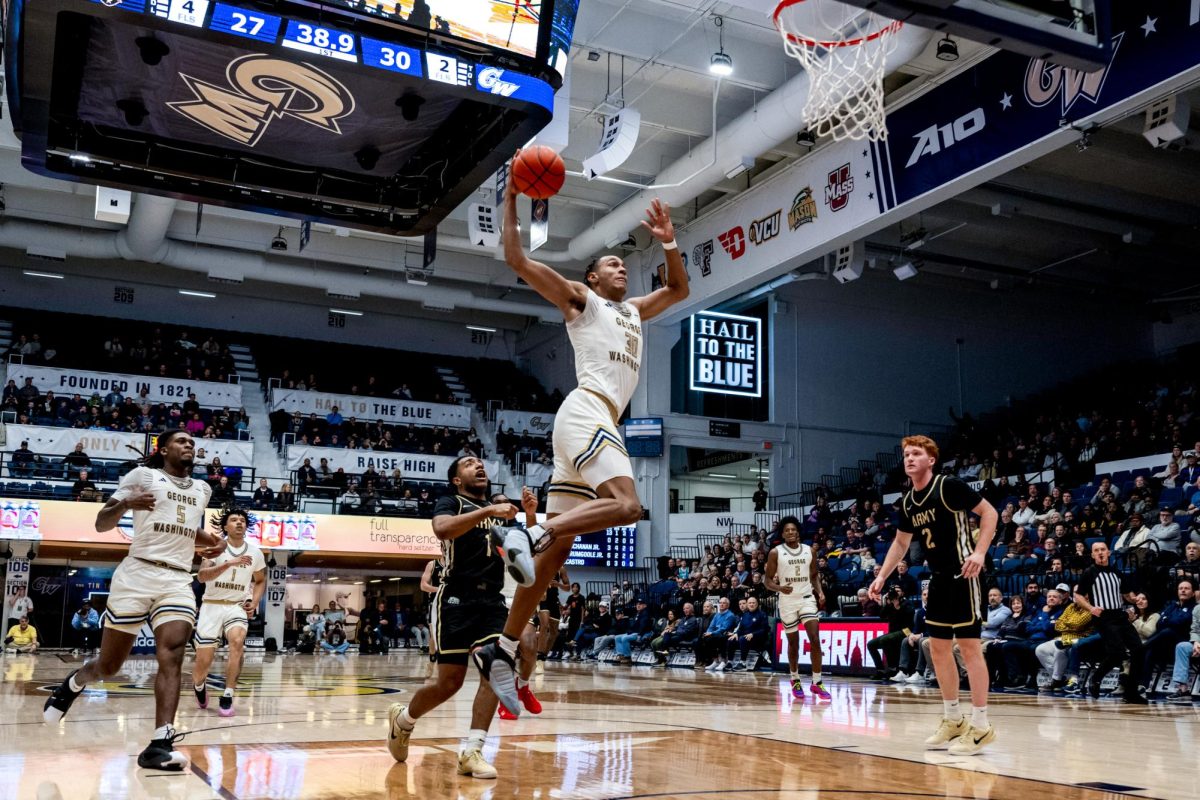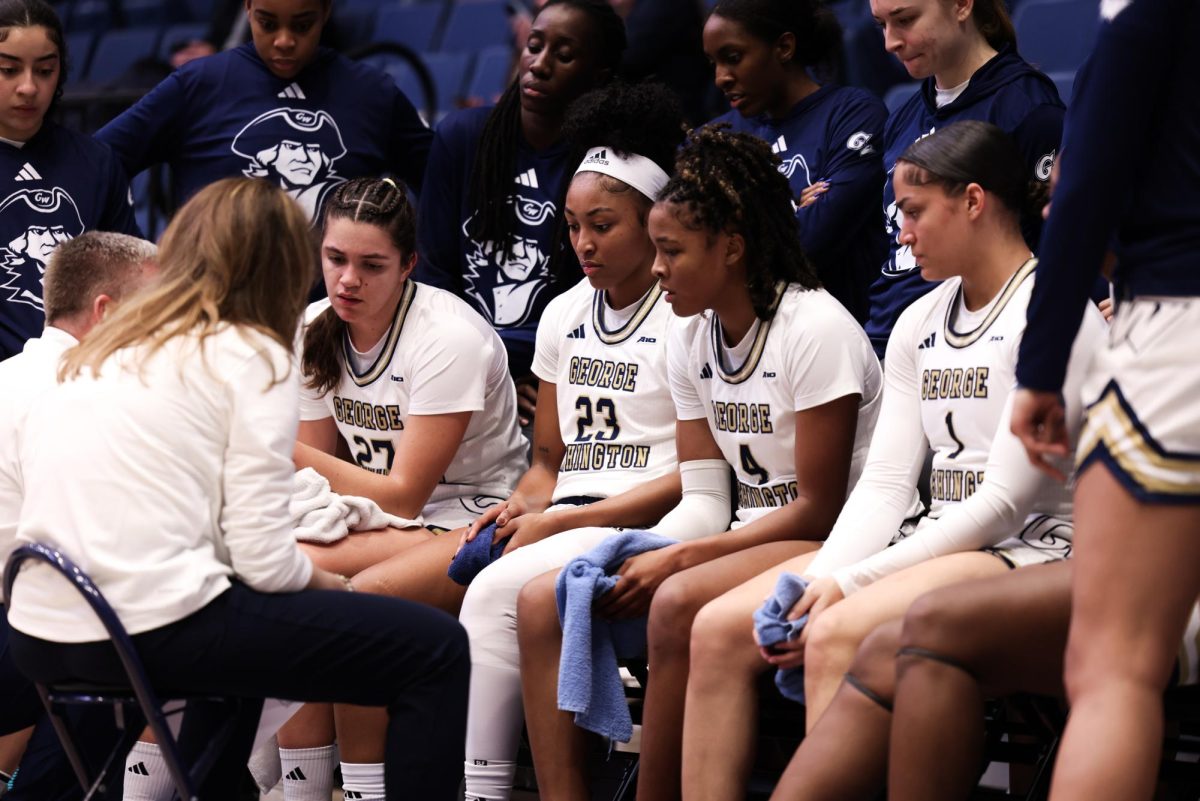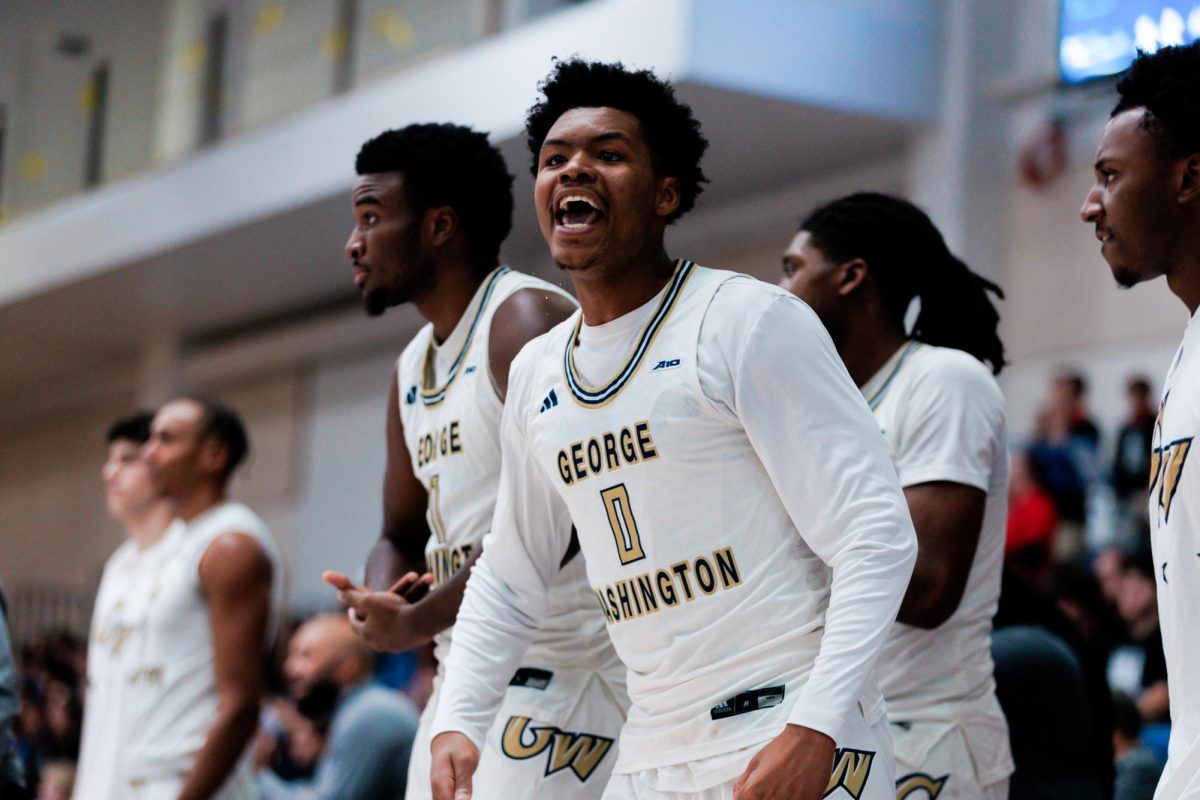FAIRBANKS, ALASKA – Mark Lund is home.
Well, not really. He’s from Klawock. This is Fairbanks. Lund will tell you that Klawock’s 1,000 miles south of here. That’s because, well, Alaska is huge. Big as a country. In fact, if Texas is really like a whole `nother country, it’s worth remembering that Alaska is twice as big.
And if you’re one who traffics in sports clich?s, you might say that Alaska is almost as big as Lund’s heart.
But Lund wouldn’t say something like that. His mother calls him a very personal person. He just calls it humble. Whatever it is, it’s misleading, because Lund has plenty to say – just not about himself.
He has plenty to say to his teammates as they go on and off the court, plenty to say every day at practice, plenty to say in the team huddle – plenty to say like any team leader. Except that Lund’s leadership comes from a seat on the bench, which is appropriate. Because Lund is as much the living embodiment of teamwork as one person can be.
With Lund, it can’t possibly be about personal statistics – because he doesn’t have any of those. Oh sure, he scored a point once and he’s had a few assists. But looking to understand Lund by looking at his stat sheet is pointless. No stat sheet could ever explain how a kid from Alaska came all the way to Washington, D.C., and returned a Division I basketball player.
It was my senior year in high school in the regional championship game, Lund said. We lost at the buzzer, and I said then that couldn’t be my last memory. I vowed that wherever I went to school I would try out for the basketball team.
But Mark Lund’s story starts a little before that. Fourteen years ago, his family came to Alaska from Colorado after his father Fred, a music teacher, and his mother Janice, a middle-school teacher, became enamored of the 49th state after visiting Fred’s brother north of Anchorage. The Lunds settled in Klawock, a town they say is pretty warm, actually.
It was like an adventure, Fred Lund said.
And it’s been an adventure, Janice said.
During high school, Mark came to D.C. through the Close Up program and followed that with a couple summer internships that had him living in JBKO one summer. Facilitated through a chance meeting with Stan Schwartz, a Washington patent attorney who has become a close family friend, Mark came to GW in 1996.
Coming from Klawock High School and graduating with about 15 other people, Lund’s vow to try out for a basketball team seemed like a pointless crusade when he chose GW as his university. Upon his arrival, he was told making the team would be impossible. But he tried anyway. And he didn’t make it. But former GW Coach Mike Jarvis told him to stick around. Something might open up. So Lund became a manager.
Just loving life, said Lund. Chasing balls, rebounds and loving it all.
Lund joined the team for off-season conditioning and stayed with it after his sophomore year started.
(The team) wasn’t encouraging, exactly, he said. It was more like, `Why is he doing this?’ But I think they had respect for me because I worked so hard.
Lund stuck with it. When then-assistant coach at the time Brian Blaney gave Lund a laundry bag and asked him what number he wore in high school, Lund didn’t get the hint. Lund showed up at Colonial Madness and asked his fellow manager what gear he needed help with. He was told the only gear he needed to carry was his own. He had made the team. So, in front of his parents, Mark Lund was announced as a Colonial for the first time.
I didn’t know what to say, what to do, he said. I had every emotion. I was happy, nervous, scared. I didn’t know what to do. My parents were there. You dream about that – for the public address announcer to say, `A 6-foot guard from Klawock, Alaska.’
Lund made it into seven games that year, playing a total of 10 minutes. When Tom Penders became coach, Lund expected to have to try out all over again.
I just continued to do my thing, he said, which was work hard and help the other guys to work hard.
But Penders decided it would be a mistake to let Lund go, and in Penders’ first season, he won the team’s Desire Award.
I didn’t expect it, Lund said. It really meant something for everyone to appreciate my effort. A lot of the time, people don’t realize all the effort that goes into what people see when the lights come up at the Smith Center.
Halfway through last season, Mark found out that GW would be competing in the Top of the World Classic this weekend in Fairbanks, Alaska.
I was thinking, `Wow, what a great opportunity,’ he said. I always love to come home. Alaska is home to me.
Lund said Saturday before GW’s game against Oklahoma University that he wasn’t holding his breath for playing time.
I don’t expect it, he said. But if coach calls my number, I’ll give 100 percent, and I’ll have fun. That’s what’s most important.
But Lund did get in, and the public address announcer made a point to tell everyone that Lund was one of them – an Alaskan. But Lund didn’t just get in – he was substituted in on three separate occasions for eight minutes of action in the loss, far more time than he had ever seen before. He missed a three-pointer, but he had a rebound, two assists and a steal and caused a five-second call late in the game. And this was all in front of his parents – for the first time.
It was great to be on the court, he said. I wish it could have been under better conditions.
Of course he does. He wouldn’t be Mark Lund if he didn’t always put the team first. And despite himself, his dedication to the Colonials brought him so much support from fans that when he got into the last exhibition game a week ago, the roar was deafening.
It warms my heart, he said. It’s something I could never ask for and never dream of. To have the band chant, `We want Mark,’ and the people in the blue seats chant, `Ru-dy, Ru-dy,’ it’s crazy. But that’s my role on the team – just like the movie – to come to practice everyday, work hard, get beat up. There’s such a satisfaction knowing that I left it all on the court. It’s all there.
Now, although the season is just underway, Lund has to start thinking about life after basketball and GW. The pre-med major has a Rhodes Scholarship interview in a matter of days that he will have to come back to Alaska for, not that he minds that much. This is home. But maybe his memories of his time in Foggy Bottom will mean as much to him some day.
I couldn’t have dreamt of this college experience, he said. Coming out of a small town in southeast Alaska and to play on a Division I team. To have an opportunity to be on a team and to have earned that spot – no one can take that away from me.
No one would want to.






